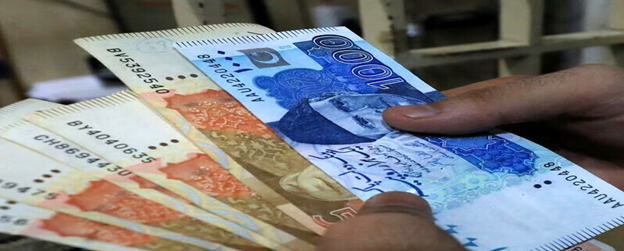INP-WealthPk
Ayesha Saba

Sustainable poverty alleviation requires a comprehensive approach centered on employment generation, education and skill development, rather than resorting to traditional models of doling out cash, which have only provided temporary relief and not addressed the root causes of poverty. “While cash transfer programmes have provided immediate assistance to the poorest segments of society, they have not addressed the root causes of poverty,” an official of Benazir Income Support Programme told WealthPK on condition of anonymity.
He emphasised that to break the cycle of poverty, people need a consistent source of income that allows them to support themselves and their families over time. “Otherwise, individuals will remain dependent on government aid rather than achieving financial independence.” “Pakistan’s labour market faces significant challenges, including high unemployment rates, especially among youth and women. To address this, targeted investments in sectors that have the potential to create a large number of employment opportunities are critical,” he said.
The BISP official suggested the government should focus on sectors like manufacturing, agriculture and services, which are labour-intensive and could absorb a large workforce. “Additionally, promoting entrepreneurship and supporting small and medium-sized enterprises can create new job opportunities, especially in rural areas, where formal employment is scarce.”
Pakistan’s poverty headcount rate, measured at the lower-middle-income country poverty line of $3.65/day 2017 purchasing power parity (PPP), is expected to remain around 40% over FY24-26, according to the World Bank’s latest Pakistan Development Update. Poverty reduction is projected to stall in the medium-term due to weak growth, low real labour incomes, and persistently high inflation. The lower-than-potential growth and high inflationary pressures, driven by ongoing import management measures and potential reduction in public spending on social sectors, are expected to worsen human development outcomes, the report pointed out.
According to Pakistan Economic survey (2023-24), the government has gradually increased the cash grant size under the BISP’s Kafaalat initiative from Rs3,000 per quarter to Rs10,500 per quarter per beneficiary. Currently, there are approximately 9.4 million beneficiaries enrolled in the programme. From July to March FY24, Rs256.3 billion was disbursed to 9.4 million regular Kafaalat beneficiaries.
Credit: INP-WealthPk













